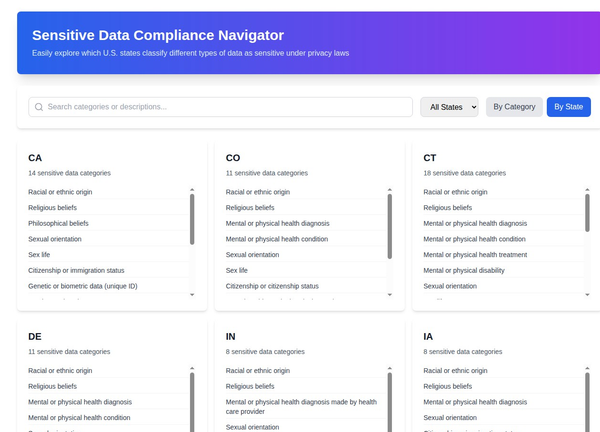Case Study: Retail, Hospitality, and Grocery Industries Facing Theft and Disasters

Theft and natural disasters can significantly impact the bottom line of businesses across various sectors, including retail, hospitality, and grocery stores. This case study explores incidents of theft from organized crime, intellectual property (IP) theft, and the financial recovery aspects, including insurance claims, in these industries.

Retail Industry: Organized Crime and Looting
Incident Overview:
In recent years, the retail sector has faced increasing challenges from organized crime and looting, particularly during periods of civil unrest. Notable incidents include the widespread looting during protests in various U.S. cities in 2020, where numerous retailers suffered significant losses.

Impact:
- Financial Losses: Retailers like Target, Walmart, and small independent stores reported millions of dollars in losses due to stolen goods and property damage.
- Operational Disruptions: Stores had to close temporarily, affecting sales and leading to additional financial strain.
- Insurance Claims: Retailers had to navigate complex insurance claims to recover some of the losses, often dealing with extensive documentation and delays.

Recovery and Prevention:
- Enhanced Security Measures: Many retailers have increased security by hiring additional guards, installing advanced surveillance systems, and using real-time monitoring.
- Community Engagement: Some stores engage with local communities to build stronger relationships and deter potential looters through social initiatives.
- Insurance Adjustments: Businesses have updated their insurance policies to ensure better coverage for theft and vandalism.
Hospitality Industry: Intellectual Property Theft
Incident Overview:
Hotels and resorts are increasingly targeted for intellectual property theft, particularly through cyber attacks. A notable case involved the Marriott International data breach in 2018, which exposed personal information of approximately 500 million guests.
Impact:
- Data Breach Costs: Marriott faced significant financial costs related to data breach notifications, legal fees, and fines from regulatory bodies.
- Reputational Damage: The breach eroded customer trust, impacting future bookings and revenue.
- Litigation: Marriott dealt with multiple lawsuits from affected customers and regulatory fines, including a $124 million fine from the UK Information Commissioner’s Office (ICO).
Recovery and Prevention:
- Cybersecurity Investments: Hotels have increased investments in cybersecurity measures, including advanced firewalls, encryption, and regular security audits.
- Employee Training: Regular training programs for staff on recognizing phishing attacks and securing customer data.
- Comprehensive Insurance: Hotels are securing cyber insurance policies to cover the financial implications of data breaches.
Grocery Industry: Natural Disasters and Theft
Incident Overview:
Grocery stores are vulnerable to both theft and natural disasters. The aftermath of Hurricane Katrina in 2005 saw significant looting in grocery stores in New Orleans. More recently, stores have been affected by natural disasters like hurricanes, floods, and wildfires.
Impact:
- Inventory Losses: Grocery stores face substantial inventory losses due to spoilage and theft during power outages and looting.
- Structural Damage: Natural disasters cause physical damage to store infrastructure, leading to costly repairs and renovations.
- Supply Chain Disruptions: Disasters impact supply chains, leading to shortages and increased operational costs.
Recovery and Prevention:
- Disaster Preparedness Plans: Grocery stores implement comprehensive disaster preparedness plans, including backup power solutions and emergency response protocols.
- Insurance Policies: Businesses secure insurance policies that cover a wide range of risks, from property damage to business interruption.
- Community Support: Engaging with local communities and disaster response teams to ensure swift recovery and support during emergencies.
Conclusion
Retailers, hotels, and grocery stores face a myriad of challenges from theft, cyber attacks, and natural disasters. Effective recovery involves a combination of enhanced security measures, comprehensive insurance coverage, and robust disaster preparedness plans. By learning from past incidents and continuously updating their strategies, businesses can better protect themselves against future threats and ensure quicker recovery when incidents occur.
Sources:







